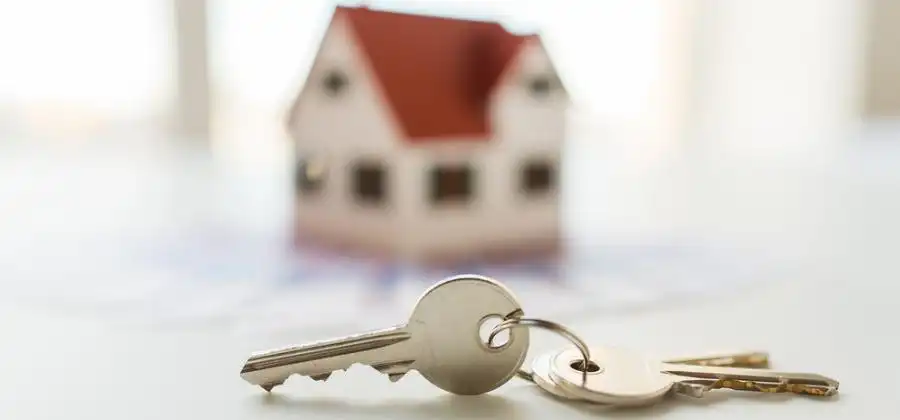
If the other holder dies, what happens to the house?
In case of the death of one of the residents of a house, what happens to the property? The answer to this question depends on whether it was purchased with or without a mortgage, or if it is rented. We clarify in this article.
For other questions related to real estate and/or credits, contact the real estate agency Casa no Minuto or the credit intermediaries from Poupança no Minuto and guarantee adequate support, at no cost. To understand what can happen to your property, read on.
In case of ownership
In the event that the property was acquired without the use of financing, and one of the owners passes away, the part of the house of which they owned will go to the closest relatives. This also applies in the absence of a will.
Thus, the law stipulated in the Civil Code is used and the inheritance of the property is divided among the legitimate heirs. In this case, the legislation determines the following hierarchy regarding the heirs:
- Spouse and descendants (children);
- Spouse and ascendants (parents);
- Brothers and their descendants;
- Other relatives up to 4th degree;
- State.
In other words, if the deceased was married and/or had children, they are the ones entitled to the real estate first. In case there are no children, the rights go to the parents.
If there are no relatives up to the 4th degree to claim property rights, it is delivered to the State.
In case of a housing loan
If the other property owner dies, in the case of housing loan, they are covered by life insurance.
When hiring a housing loan, banks always require you to take out life insurance so they can approve the loan and be insured in these cases. This way, in case of default due to death or disability of the cardholder, the insurer guarantees the repayment of the debt to the bank.
To achieve this, banks require this insurance to have certain basic coverages, such as coverage for death due to accident or illness and coverage for Total and Permanent Disability - TPD (disability equal to or greater than 80% resulting from illness or accident). Then you can choose the coverage for Total and Permanent Disability - TPD (disability equal to or greater than 60%, due to illness or accident). The latter is more comprehensive as the TPD coverage implies a more extreme disability.
In any case, in the event of the death of one of the holders of the home loan, due to the mandatory life insurance coverage, the repayment of the loan is guaranteed.
In case of lease
But what if the property in which the owner lived was leased? In this case, the lease expires and the property must be returned to the owner.
However, know that, while spouse or descendant who also lived in the property together with the tenant at the time of death, has the right to transfer the lease.
To do this, you must send proof of the transfer to the landlord, within three months , such as the death certificate, marriage certificate for the spouse, and birth certificate for children.
If not done within the established deadline, you may have to bear losses, but are not prevented from carrying out the transmission.
In case you have more questions related to real estate and/or loans, contact the real estate agency Casa no Minuto or the credit intermediaries of Poupança no Minuto. We guarantee a close, free support service, with maximum professionalism and speed.